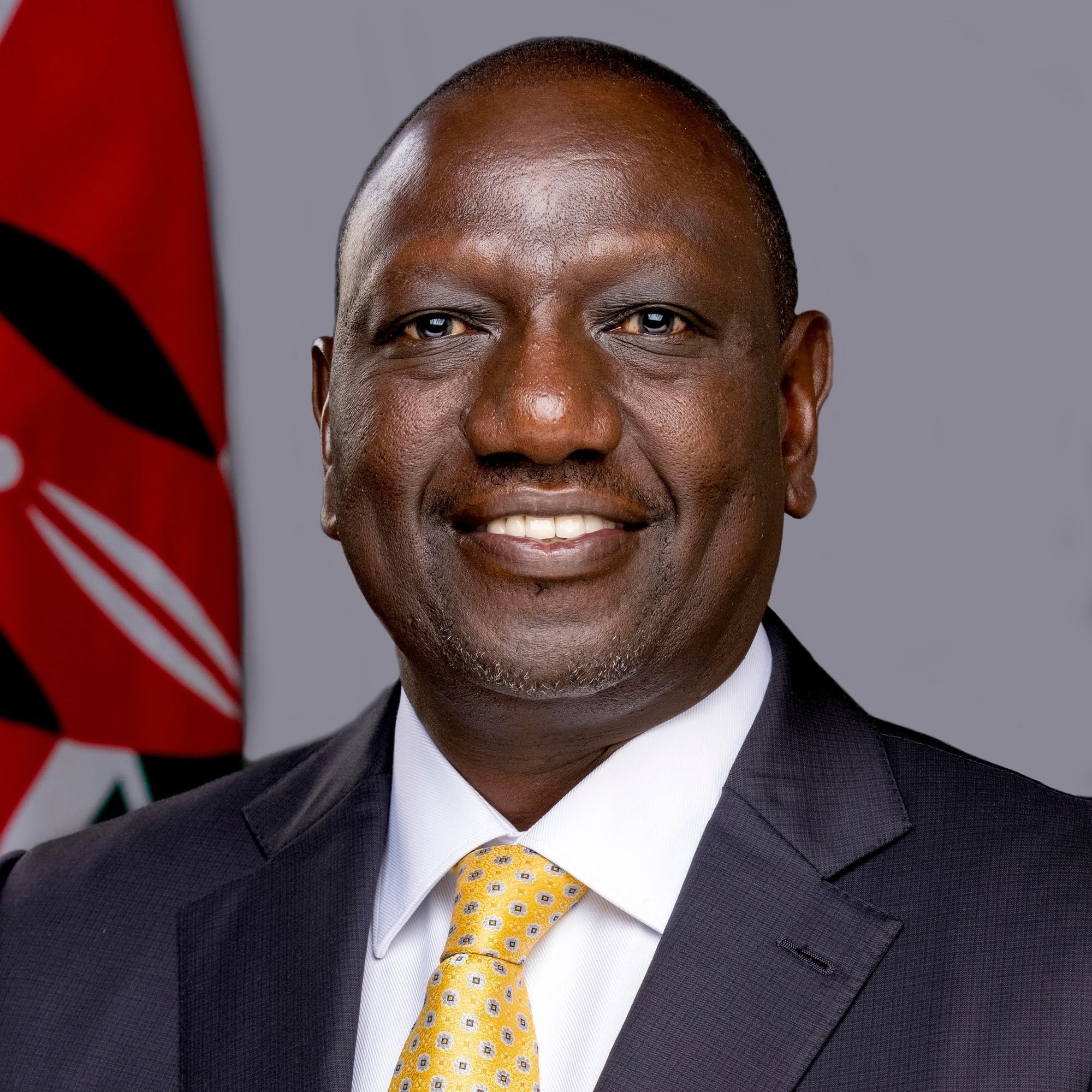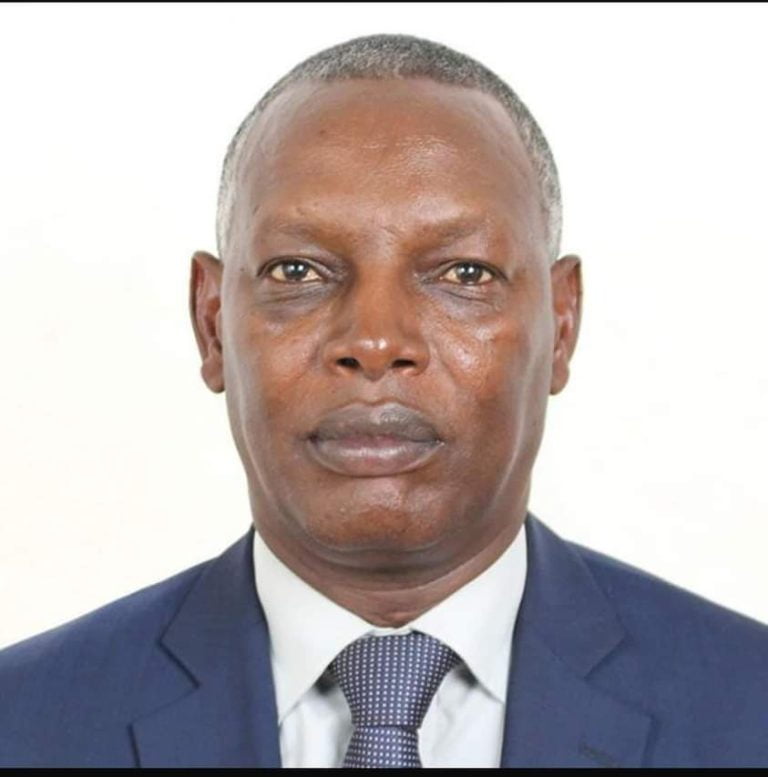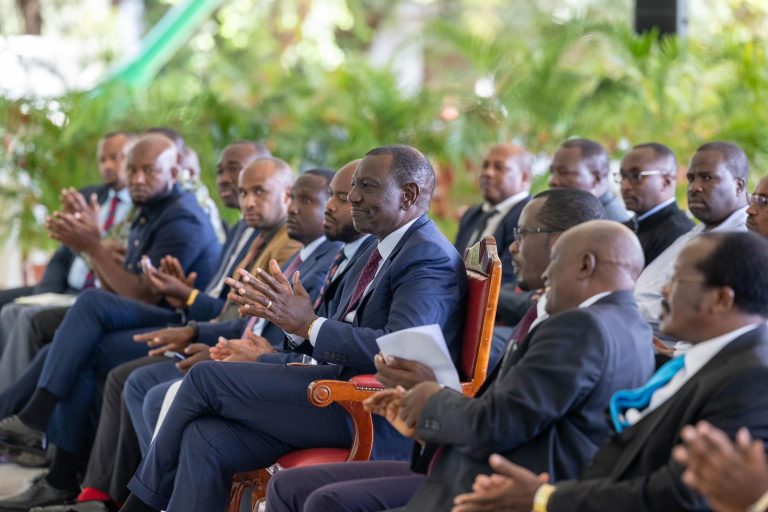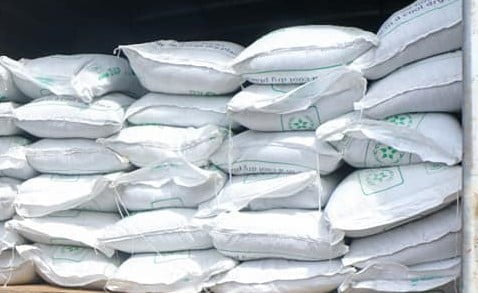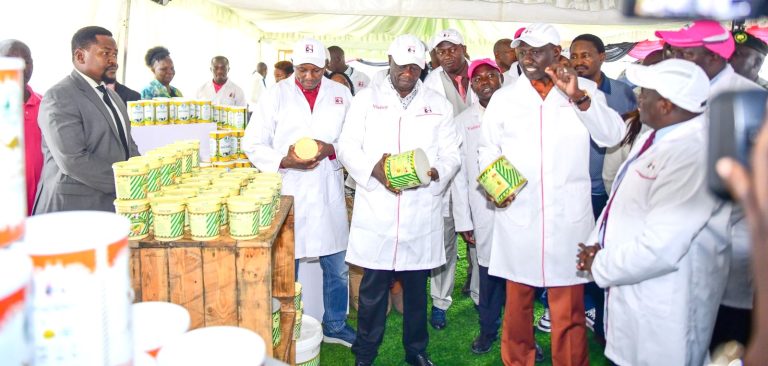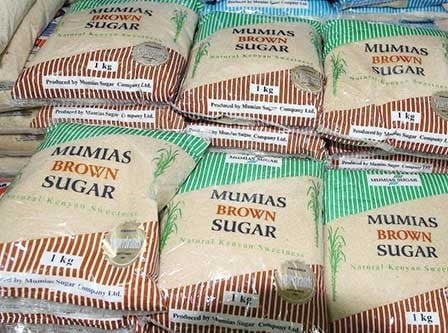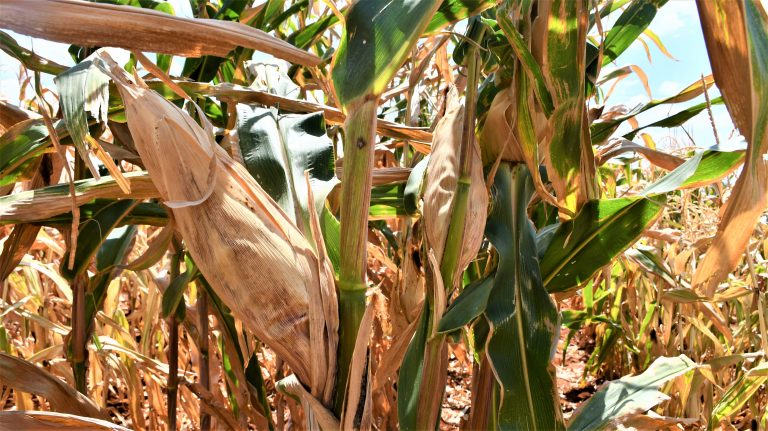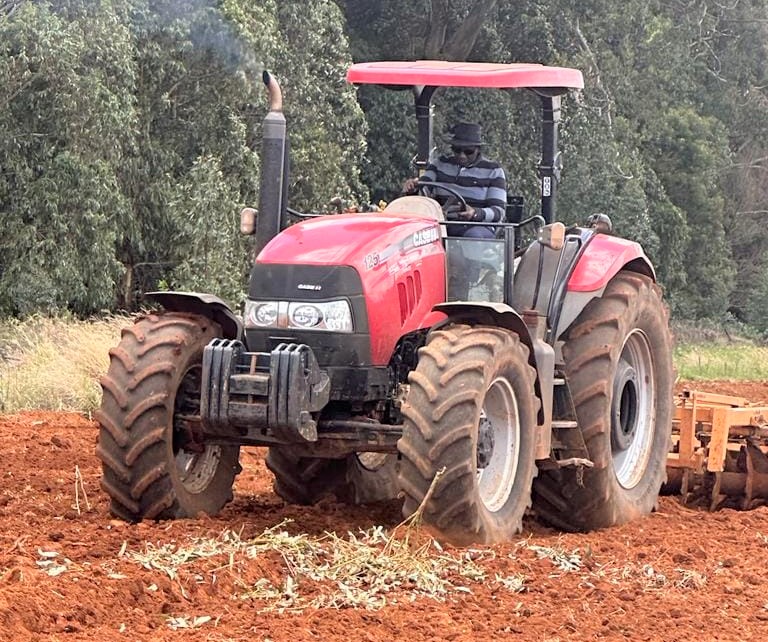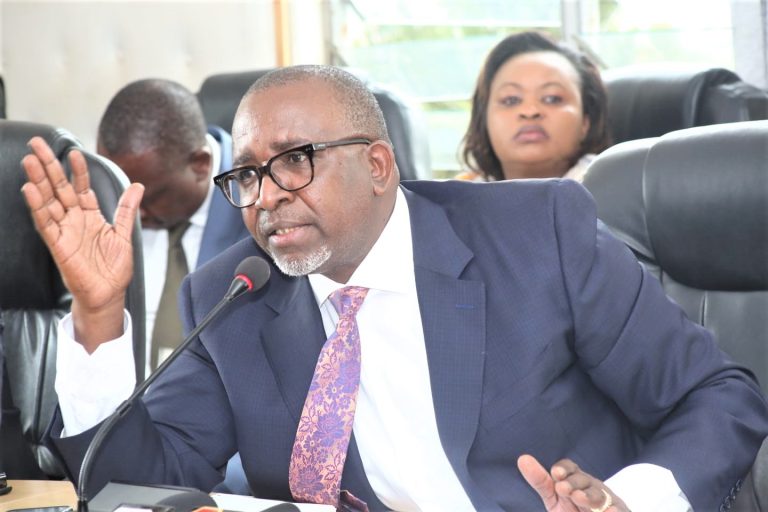Kenyan President Dr William Ruto criticized the recent Unga subsidy programme saying it had no impact and it was not the right way to reduce the cost of living saying it never had any impact.
Delivering his speech after being sworn in as the 5th Kenyan President, Dr Ruto said the attempt to subsidize maize meal flour in the run-up to the election gobbled up Kshs 7 billion in one month, with no impact. ”In addition to being very costly, consumption subsidy interventions are prone to abuse, they distort markets and create uncertainty, including artificial shortages of the very products being subsidized. The cost of living challenges are related to production. Our strategy to bring down the cost of living is predicated on empowering producers. The forecast for maize harvest this year is below 30 million bags against the normal production of 40 million bags. The main cause of the decline in production is the high cost of inputs,” said the President.
The new government’s priority he said is to make fertilizer, good-quality seeds and other agricultural inputs affordable and available. For the short rain season, the government has already made arrangements to make 1.4 million bags of fertilizer available at Kshs 3,500 for a 50kg bag down from the current Kshs 6,500. This will be available from next week.
He appealed to county governments in Eastern, Central and Western regions, to work with the national government in making sure that the fertilizer is available to farmers.
To cushion tea farmers, the President said they had made arrangements with KTDA to immediately supply tea farmers with fertilizer at Kshs 3,500 down from Kshs 6,500. He said this was the initial intervention and they will be doing more for the medium term and the long term.
The President said they will use the same approach to tackle the effects of the drought that has hit several counties. ”We are alive to the challenges of drought that face seven counties, which are now at ‘alarm’ and 13 that are at alert stages respectively. We are determined to ensure that no county slips into the emergency phase and will coordinate with county governments, which are the first line of response. We are mobilizing resources to reverse this situation. Our goal is not just to provide relief and recovery to restore the situation, but to invest and unlock the huge economic potential of the rangelands that constitute two thirds of our country”


